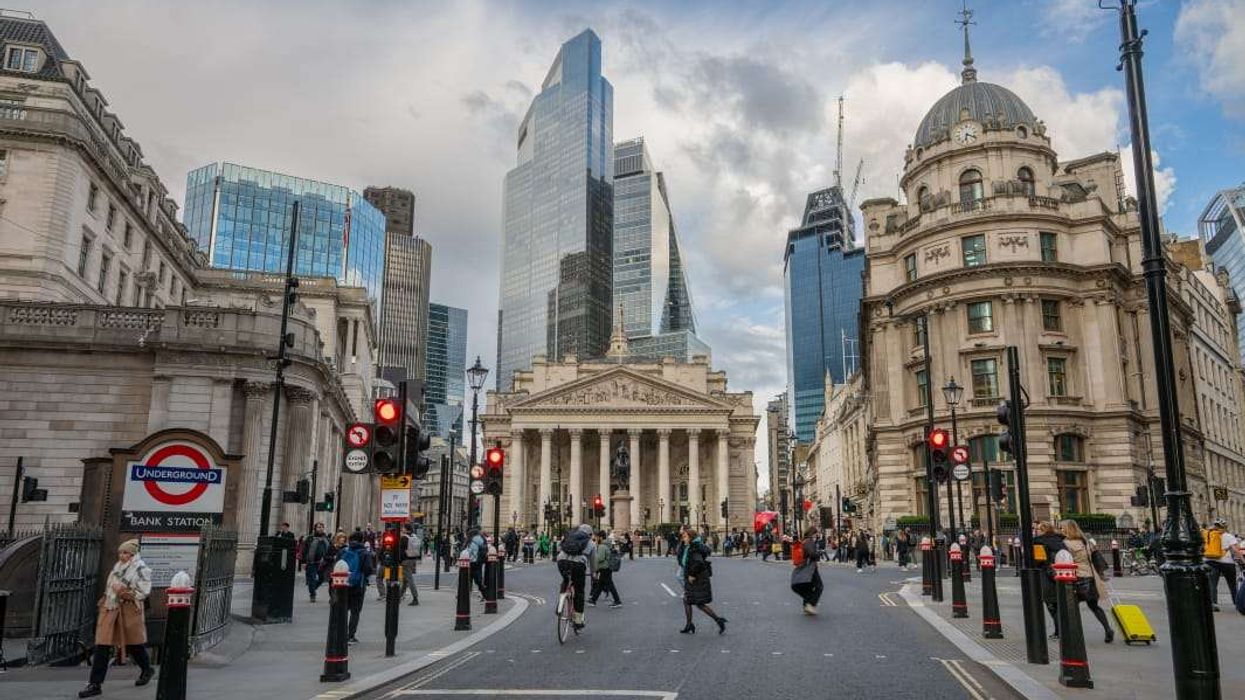Highlights
- Median pay rises hold at 3 per cent the lowest level in nearly four years, IDR survey shows.
- Public sector wages overtake private with 4 per cent median awards as workers catch up after years of lag.
- Employers plan cautious settlements amid budget uncertainty and rising social security costs.
British workers are seeing pay settlements remain at their lowest level in nearly four years, with median pay rises holding steady at 3 per cent in the three months to September, according to new research.
The figures from Incomes Data Research (IDR), released ahead of the Bank of England's interest rate decision, show pay awards have stayed at the joint lowest level since December 2021. The survey covered 35 pay deals affecting nearly 800,000 employees between July and September.
Public Sector Playing Catch-Up
The data reveals a growing divide between public and private sector pay. More than a third of pay settlements have now increased to 4 per cent, driven largely by manufacturing and public sector awards. Public sector workers are receiving median pay rises of 4 per cent, suggesting a "catching-up phase" after years of lagging behind private sector colleagues.
"The differing outcomes in the private and public sectors suggest the public sector is currently in the catching-up phase, after a lengthy period in which pay awards lagged behind those in the private sector," Zoe Woolacott, senior researcher at IDR told to Reuters
The current 3 per cent median represents a significant cooling from earlier in 2025. Pay awards stood at 3.4 per cent in May and 3.5 per cent in February, showing a steady downward trend throughout the year.
Official figures have shown British pay growth slowing to 5.2 per cent in the three months to August, while inflation held at 3.8 per cent in September. Bank of England governor, Andrew Bailey has indicated these figures support his view that inflation pressures are easing.
Budget Concerns Weigh on Employers
Looking ahead, employers remain cautious about future pay awards. A recent survey revealed businesses are planning 3per cent pay rises, concerned about high inflation and last year's rise in social security contributions.
Finance minister Rachel Reeves is due to present the annual budget on November (26), which is widely expected to include further tax rises.
The Bank of England expects private sector pay growth to reach 3.75 per cent by year-end and is likely to maintain interest rates at 4 per cent.
Reuters





